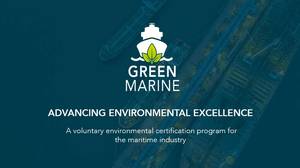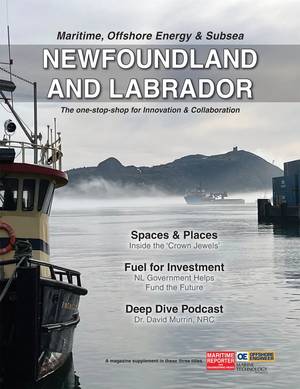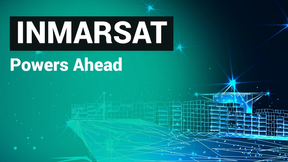How to Defend against Patent Trolls without Breaking the Bank

Patent trolls—those who seek to enforce patent rights, but do not actually manufacture or supply services based on the patents—are a problem in all industries, including the shipping industry. And as the pace of innovation in shipping continues to accelerate in areas such as environmental compliance, electronic navigation, vessel design, construction and operation, offshore construction and exploration, and cargo logistics management, claims by patent trolls are sure to rise. It is not just companies who design and sell products in the maritime sector who are at risk.
Electronic Navigation & Dispute Resolution: Coming of Age
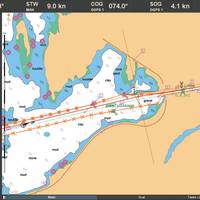
Electronic navigation systems such as GPS, Electronic Chart Displays (ECDIS) and Automatic Identification Systems (AIS) provide great assistance to mariners and significantly contribute to navigational safety. Voyage Data Recorders (VDR) were specifically designed to collect data from these electronic navigation systems and other onboard sensors for use in accident investigation. These systems provide investigators with a wealth of data about a vessel’s movements and status in the moments leading up to an accident.
Calculating Settlement Value of a Case

It has been said that war is politics by other means. It is probably equally true that litigation is business by other means. On the one hand, the threat of litigation – and the resulting costs, inconvenience and uncertainty – will often compel parties to resolve their differences on terms which they might otherwise consider less than ideal. And on the other hand, if an acceptable compromise cannot be reached, then litigation is the tool by which the parties can obtain a definitive resolution to the dispute. This analogy does not apply just to “business” litigation.
U.S. Ship Owners in Quandry with MLC2006
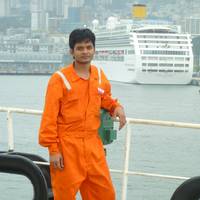
The failure of the United States to ratify an international treaty pertaining to maritime issues is, unfortunately, nothing new. But the Senate’s failure to ratify the Maritime Labor Convention of 2006 (MLC), arising out of the 94th session of the International Labor Conference held at Geneva that year, will not give American operators in foreign trade an excuse for failing to comply. Complications could certainly arise – translation: expensive delays – when a government official in a foreign port demands a certificate or other proof of compliance.
“Maritime … Or Not?”

Here is a multiple choice question: which of the following contracts is considered to be a “maritime contract” under U.S. law? You will be forgiven if you simply tried to apply logic in answering this question and guessed that all four are maritime contracts. If you know your maritime law, however, then you should have answered that “c” and “d” are maritime contracts whereas “a” and “b” are not. Or, at least, that is the current state of the law. Why might this matter? In the first place…
ENav: Improved Training and Auditing Will Enhance Navigation Safety
Modern electronic navigation systems have the potential to improve vessel navigation safety and ruce accidents. The potential of these new systems is unlikely to be realiz, however, if the officers keeping the navigation watch are not fully train and properly qualifi in their use. Thus, fully realizing the potential in electronic navigation will require improv training, a wider spectrum of knowlge across the industry and better procures by vessel owners and managers to assess qualification and proper use. At the same time, as incidents relat to the use of AIS or ECDIS occur, courts are putting owners and managers on notice that such training and monitoring is requir to avoid or limit their liability for accidents.
Electronic Navigation: Improved Training and Auditing Will Enhance Navigation Safety
Modern electronic navigation systems have the potential to improve vessel navigation safety and ruce accidents. The potential of these new systems is unlikely to be realiz, however, if the officers keeping the navigation watch are not fully train and properly qualifi in their use. Thus, fully realizing the potential in electronic navigation will require improv training, a wider spectrum of knowlge across the industry and better procures by vessel owners and managers to assess qualification and proper use. At the same time, as incidents relat to the use of AIS or ECDIS occur, courts are putting owners and managers on notice that such training and monitoring is requir to avoid or limit their liability for accidents.


